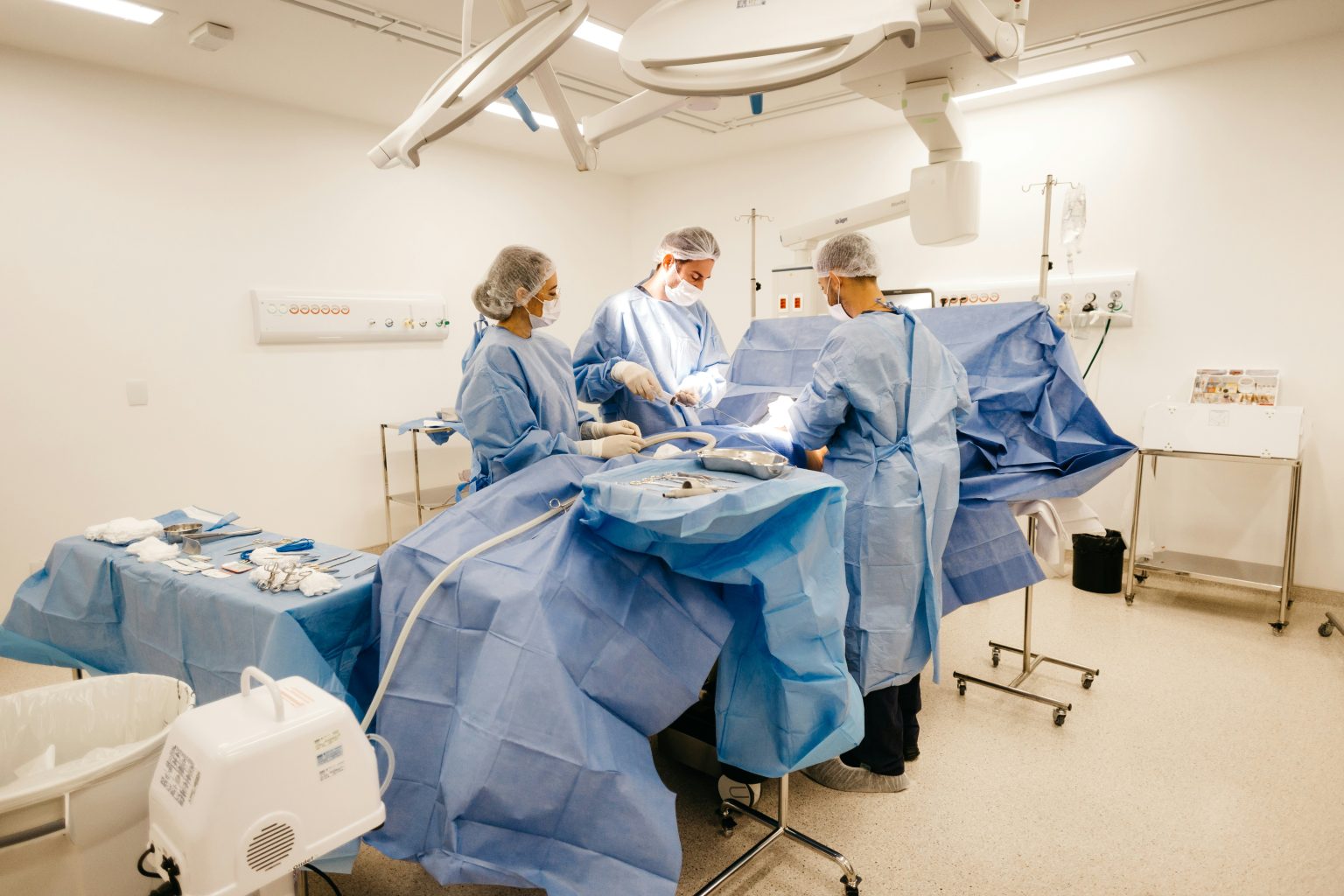Colorectal cancer, which starts in the colon or rectum, is becoming more prevalent globally. It often begins as small, benign polyps that may grow into cancer over time. This type of cancer can be aggressive if left untreated, but the good news is that it’s highly treatable, especially when detected early. Because symptoms can be mild or nonexistent during the early stages, many people don’t realize they have it until it’s advanced. That’s why both screening and timely treatment are critical.
The Role of Surgery in Treating Colorectal Cancer
Surgery is considered the cornerstone of treatment for most colorectal cancer patients. Depending on how far the cancer has progressed, it may be the only treatment needed or part of a broader plan that includes chemotherapy or radiation therapy. The primary goal of surgery is to remove the tumor and any surrounding tissue that might be affected, which includes a portion of the colon or rectum and nearby lymph nodes.
When done early, surgery can potentially eliminate all traces of cancer. In later stages, it can help relieve symptoms, reduce tumor size, and improve the success rate of other treatments. Simply put, it’s often the most direct and effective way to remove cancer from the body.
Types of Colorectal Cancer Surgeries
There are different types of surgeries depending on the location of the cancer and how far it has spread. A colectomy is commonly performed for colon cancer, where the surgeon removes a portion of the colon. If cancer is in the rectum, a proctectomy or low anterior resection may be necessary. In some cases, a colostomy may be performed temporarily or permanently to allow the body to pass waste if normal bowel function is affected.
Minimally invasive techniques such as laparoscopic and robotic surgery are becoming more common, offering faster recovery and smaller scars. These methods involve making small incisions and using a camera and specialized tools to perform the procedure, which reduces trauma to the body and shortens hospital stays.
How Timing Affects the Outcome
The timing of surgery is crucial when it comes to colorectal cancer. Catching it early significantly increases the chances of a full recovery. When surgery is performed during the early stages of the disease, the survival rate is much higher compared to when it’s caught in stages III or IV. Early-stage surgeries tend to be less complex and come with fewer risks and complications.
Even when the cancer is advanced, surgery can still offer important benefits, such as easing blockages or bleeding and making additional treatments more effective. Delaying surgery can give cancer more time to spread and reduce the effectiveness of the procedure.
Preparing for Surgery: What Patients Should Expect
Before surgery, patients will go through a variety of tests including blood work, imaging scans, and a thorough colon cleanse. These steps help doctors understand the extent of the disease and ensure the patient is healthy enough for surgery.
The recovery process varies depending on the type of surgery, but patients can typically expect a hospital stay of several days. Post-operative care includes pain management, dietary adjustments, and gentle movement to promote healing. Over time, most patients return to their normal routines, though some lifestyle adjustments may be necessary, particularly for those with a colostomy.
The Psychological and Physical Impact of Surgery
Colorectal cancer surgery doesn’t just affect the body—it also impacts the mind. Facing a cancer diagnosis, undergoing a major procedure, and adapting to changes in bowel function can be overwhelming. Support from family, friends, and professionals is essential for emotional well-being during this journey.
In many cases, patients experience a sense of relief after surgery, knowing the tumor has been removed. With proper follow-up care, including regular screenings and a healthy lifestyle, many go on to live cancer-free lives.
The Importance of Multidisciplinary Care
Effective treatment involves more than just a skilled surgeon. It requires a coordinated effort among oncologists, radiologists, gastroenterologists, nurses, and support staff. This multidisciplinary approach ensures that every aspect of the patient’s care is considered, from diagnosis through recovery. It also helps identify whether additional therapies, like chemotherapy or radiation, are needed after surgery to prevent recurrence.
Additionally, involving a nutritionist or physical therapist in the recovery plan can improve outcomes and help patients rebuild their strength faster.
Why Awareness and Screening Save Lives
One of the biggest challenges with colorectal cancer is that it often goes undetected until it becomes serious. Routine screenings like colonoscopies are recommended starting at age 45, or earlier if there’s a family history. These screenings can detect polyps before they turn into cancer or catch cancer in its earliest stages when treatment is most successful.
Raising awareness about the importance of surgery and early detection can lead to more lives saved. Public education campaigns, community outreach, and open conversations can reduce the stigma and encourage more people to take control of their health.
Final Thoughts on the Importance of Surgery
Colorectal cancer surgery is one of the most effective ways to combat a disease that can be silent but deadly. Its importance cannot be overstated—whether it offers a cure or relief from symptoms, surgery plays a life-changing role. As medical technology and surgical techniques continue to advance, outcomes will only improve.
Being proactive with screenings, knowing the signs, and understanding the importance of timely surgery can make all the difference. With proper care and a dedicated medical team, many patients not only survive but thrive after colorectal cancer surgery.


